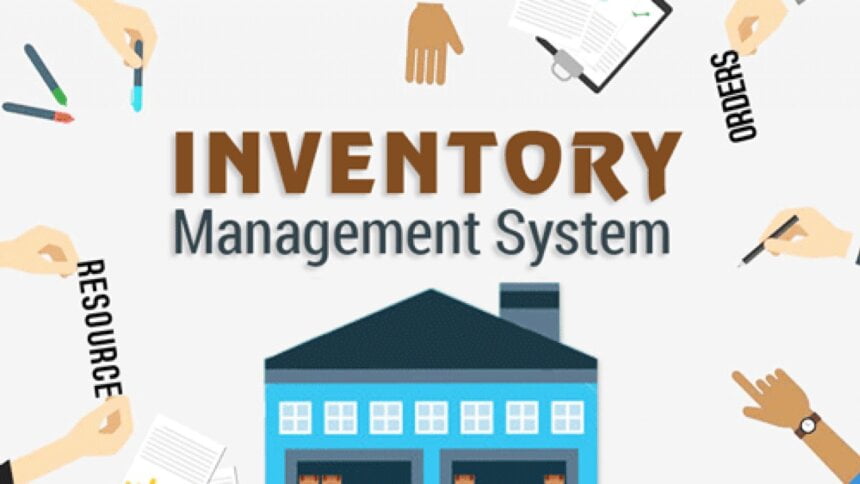Selecting the right inventory management system (IMS) is crucial for businesses of all sizes to maintain control over their stock levels, streamline operations, and ultimately enhance profitability. However, with a plethora of options available in the market, choosing the most suitable best inventory management system can be a daunting task. To ensure you make an informed decision, several key factors need consideration.
Business Needs and Goals:
Before evaluating any best inventory management system, it’s essential to understand your business’s unique requirements and objectives. Consider factors such as the volume and variety of your inventory, your sales channels (online, offline, or both), and any specific challenges you face in managing your inventory effectively.
Scalability:
A good IMS should be scalable to accommodate your business’s growth. Ensure the system can handle an increase in inventory levels, sales volume, and additional features or integrations as your business expands.
Integration Capabilities:
Choose an IMS that seamlessly integrates with your existing systems such as accounting software, point-of-sale (POS) systems, e-commerce platforms, and shipping providers. Integration streamlines processes, reduces manual data entry errors, and provides a unified view of your operations.
Inventory Tracking and Visibility:
Look for features that enable real-time tracking and visibility into your inventory across multiple locations, warehouses, or sales channels. This ensures accurate stock levels, reduces the risk of stockouts or overstocking, and improves order fulfillment efficiency.
Forecasting and Demand Planning:
An effective IMS should offer robust forecasting and demand planning capabilities based on historical data, sales trends, seasonality, and other factors. Accurate demand forecasting helps optimize inventory levels, minimize stock holding costs, and improve customer satisfaction by ensuring product availability.
Inventory Optimization Tools:
Consider IMS with features for inventory optimization such as ABC analysis, safety stock calculation, reorder point optimization, and batch tracking. These tools help optimize inventory levels, reduce carrying costs, and identify slow-moving or obsolete stock for liquidation.
User-Friendly Interface:
A user-friendly interface is essential for easy adoption and efficient utilization of the IMS by your team members. Look for intuitive navigation, customizable dashboards, and robust reporting tools that provide actionable insights into your inventory performance.
Mobile Accessibility:
In today’s mobile-driven world, having access to inventory data on-the-go is crucial for making informed decisions and addressing issues promptly. Choose an IMS with a mobile app or a responsive web interface that allows you to manage inventory tasks from anywhere, anytime.
Customer Support and Training:
Lastly, consider the quality of customer support and training provided by the IMS vendor. Ensure they offer comprehensive training resources, responsive customer support, and ongoing updates or maintenance to address any issues or changes in your business needs.











